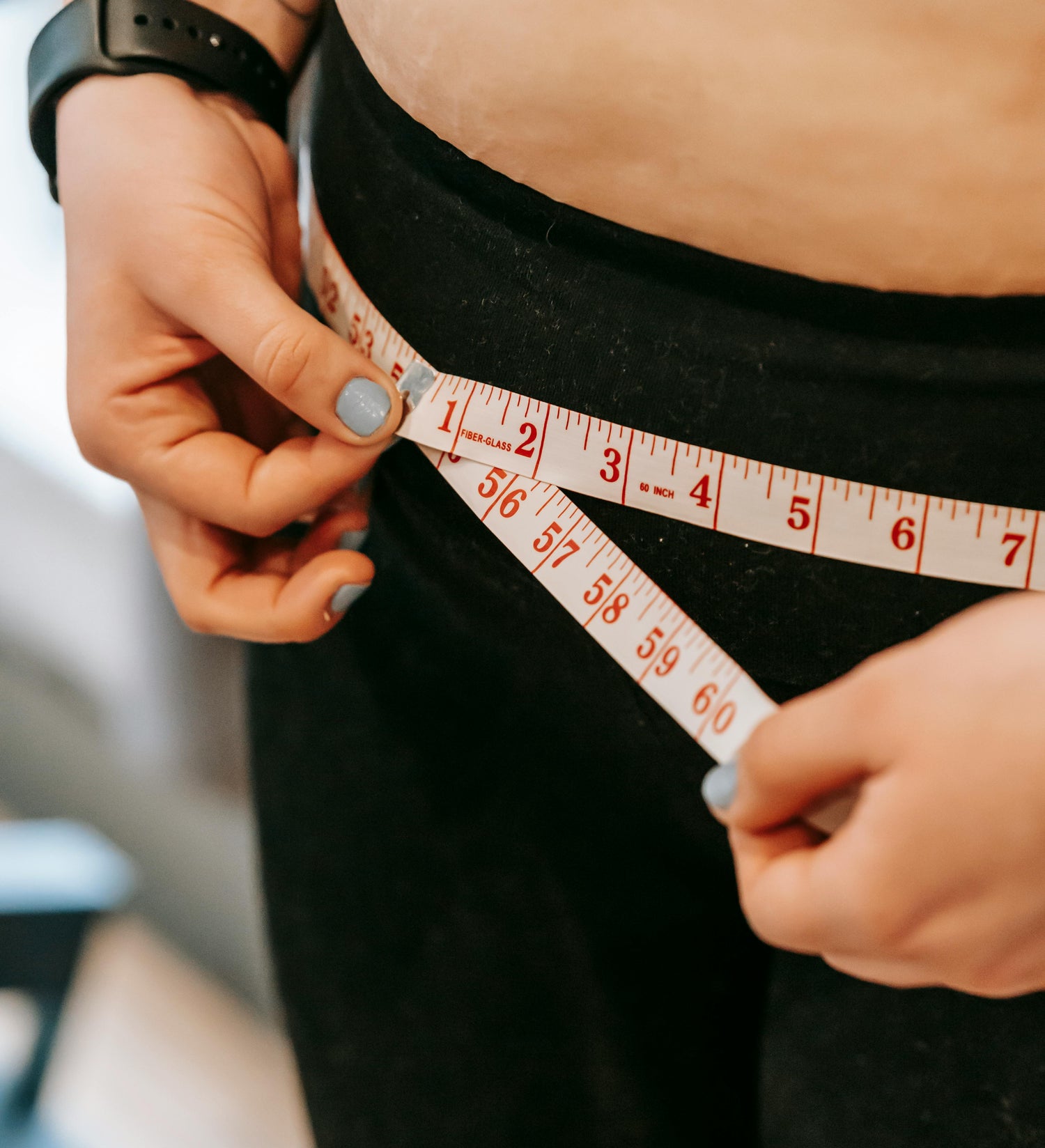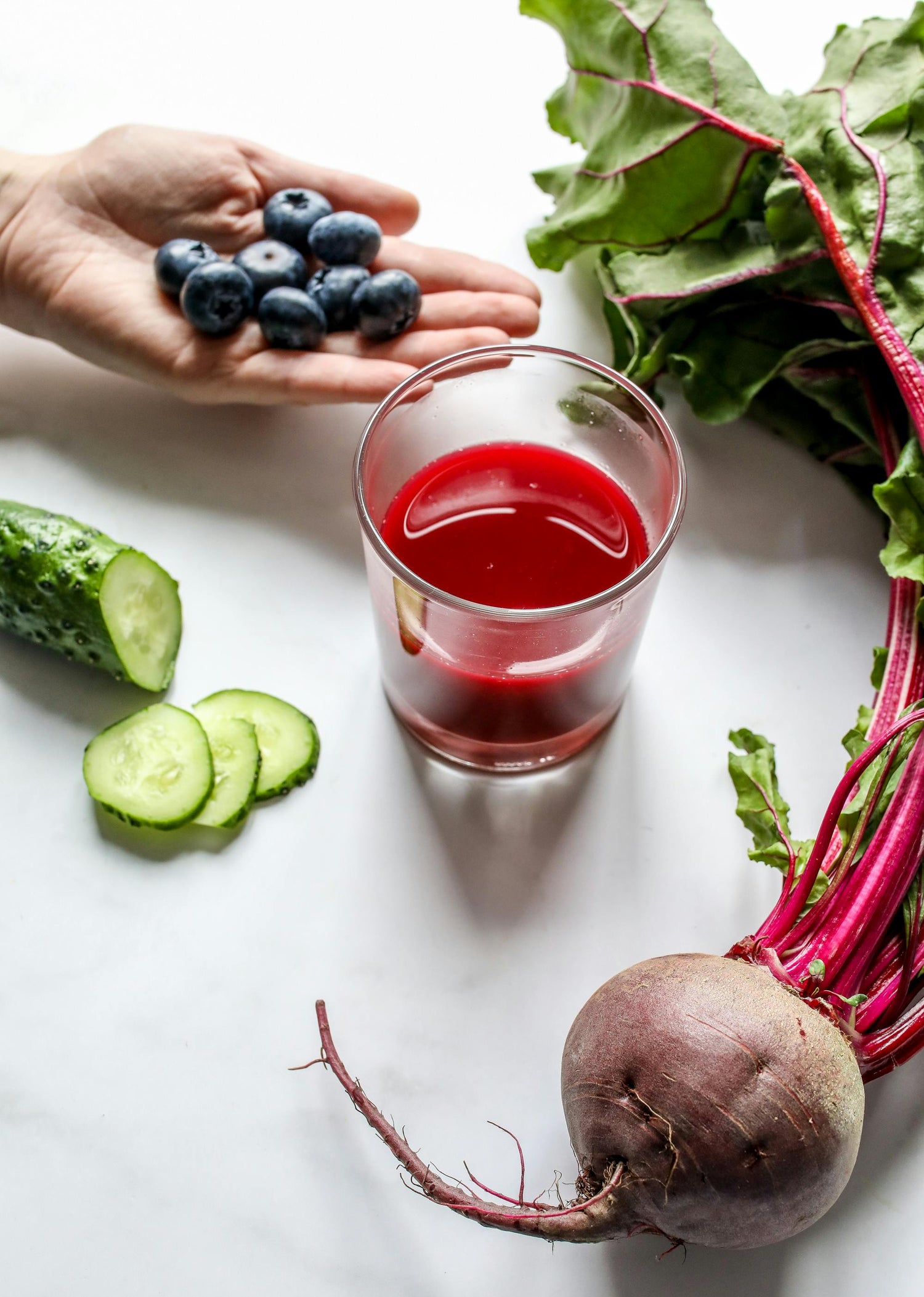Fat loss nutrition – The right strategy for sustainable success
Why nutrition is the key to fat loss
Losing weight and fat is much more than just eating less.
The biggest mistake many people make is relying on extremely restrictive diets that may bring short-term success but fail in the long run.
The key lies in a sustainable, balanced diet that boosts your metabolism and provides your body with the right nutrients.
Why nutrition is so crucial
-
Calorie deficit
Without a deficit, the body does not burn stored fat.
-
Nutrient quality
It is not just the quantity but also the quality of the calories that matters.
-
Maintain muscle mass
Enough protein is important to avoid losing muscle during fat loss.
-
Keep your metabolism stable
No crash diets – these slow down your metabolism and lead to yo-yo effects.
Basic principles of fat loss nutrition

Basic principles
Calorie deficit
To lose fat, you should consume about 300-500 fewer calories per day than you burn. Too large a deficit often leads to muscle loss and fatigue.

Basic principles
Macronutrient distribution
Protein: 1.8–2.4 g per kg body weight – muscle protection and satiety
Carbohydrates: 3–4 g per kg body weight – adjusted for activity and training
Fat: 0.8–1 g per kg body weight – important for hormone production

Basic principles
Micronutrients
Fiber: For stable digestion and long-lasting satiety
Vitamin B complex: Supports energy metabolism
Magnesium: Combats fatigue and promotes recovery
Did you know that the key to sustainable fat loss lies not only in a calorie deficit, but also in the correct distribution of macronutrients and essential micronutrients?
Only by combining sufficient protein for muscle protection, complex carbohydrates for energy, and healthy fats for hormonal balance – supplemented with fiber, vitamin B, and magnesium – will you achieve powerful fat loss without muscle loss!
Scientific Background
-
Energy Balance
Calorie balance is the most important factor in fat loss. Your body must receive less energy than it needs to draw on fat reserves.
-
Metabolic Adaptation
Crash diets cause the body to switch to "low power." The metabolism slows down to conserve energy – the result: a halt in fat loss.
-
Hunger Regulation
Balanced blood sugar levels prevent cravings. Adequate protein and fiber-rich foods help maintain stable blood sugar.
Practical nutritional tips

Practical tips
Food choices
Satiating protein sources: Lean meat, fish, tofu, legumes
High-fiber carbohydrates: Whole grains, quinoa, oatmeal
Good fats: Nuts, avocado, olive oil
Green vegetables: Spinach, broccoli – low in calories, rich in nutrients

Practical tips
Meal Prep
Planning is key: Prepare meals ahead of time to avoid temptation.
Low-calorie snacks: Vegetable sticks, yogurt, protein bars (homemade)

Practical tips
Avoid calorie traps
Beverages: Soft drinks, fruit juices – often hidden calorie bombs
Sauces and dressings: Better homemade – so you know what's in them
Snacks: Instead of chips, opt for nuts – in moderation!
💡 Reality Check
If you think eating healthy means boring and tasteless meals, think again!
A well-planned fat loss diet can be flavorful, satisfying, and nutrient-dense.
By choosing protein-rich, fiber-packed, and balanced meals, you’re not just losing fat—you’re building a lifestyle that’s sustainable and enjoyable.
🔥 Stop seeing food as the enemy—make it your ally on the road to your goals!
Sample Fat Loss Meal Plan
-
Breakfast
Scrambled eggs with spinach and tomatoes
-
Lunch
Turkey breast with quinoa and broccoli
-
Snack
Low-fat quark with berries
-
Dinner
Salmon fillet with roasted vegetables
-
Snack
Handful of nuts or protein shake
Common mistakes in fat loss
-
❌ Too extreme a calorie deficit: Leads to muscle loss and a slowing metabolism
❌ Inadequate protein intake: Muscle loss instead of fat loss
❌ Unrealistic goals: Quick results are not sustainable
❌ Lack of flexibility: Forbidden foods often lead to cravings
Conclusion
Fat loss isn't a sprint, it's a marathon. The focus should be on sustainable change that will make you healthy and fit in the long run. Stay patient, focus on quality over quantity, and make nutrition an integral part of your lifestyle!
